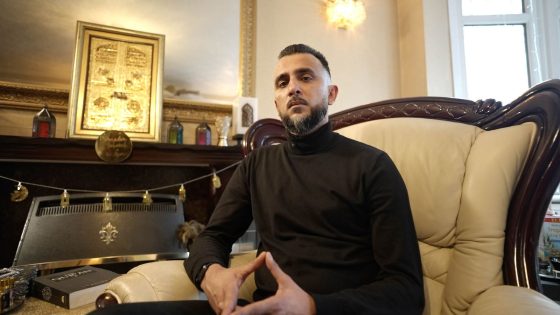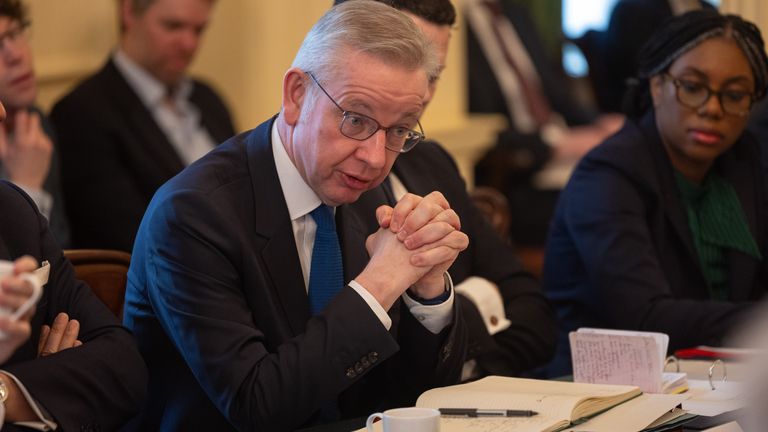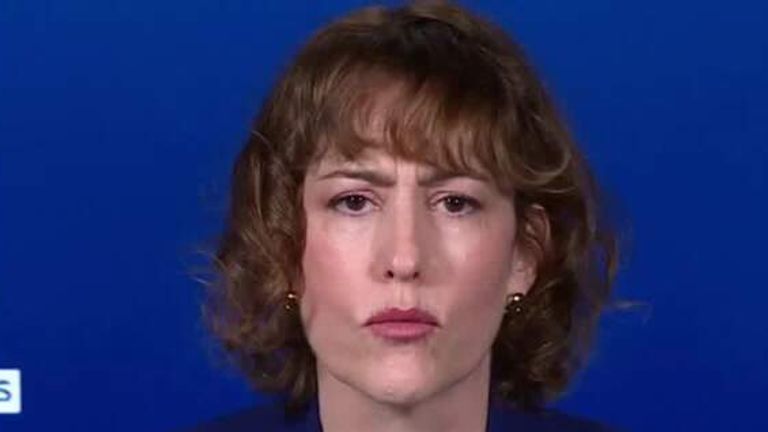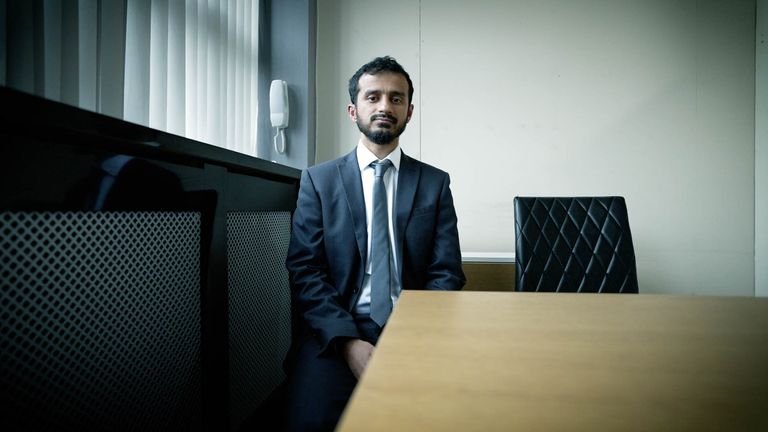The government’s proposal to redefine extremism will “vilify the wrong people” and “risk more division”, according to a coalition of Muslim organisations.
Signatories include groups which fear they may fall under the new definition, which is due to be announced as part of the government’s new counter-extremism strategy on Thursday.
CAGE International, Friends of Al-Aqsa (FOA), Muslim Association of Britain (MAB), Muslim Engagement and Development (MEND), and 5Pillars say “the proposed definition signals an attack on civil liberties by attacking law-abiding individuals and groups that oppose government policy by labelling them as ‘extremist'”.
A spokesperson for the coalition added: “This new extremism definition is a solution looking for a problem.
“It attacks one of the cherished cornerstones of our pluralistic democracy – that of free speech.
“Anyone, regardless of faith or political colour should be free to criticise the government of the day without being labelled as ‘extremist'”.
This follows warnings by the Archbishop of Canterbury, Justin Welby, that the proposals risk “disproportionately targeting Muslim communities”.
Sky News also spoke to Shakeel Afsar, a vocal protester who has led pro-Palestinian demonstrations through the streets of Birmingham.
Mr Afsar told Sky News: “This is only being passed to silence us and to put a zip on our mouth and say what you are saying is not acceptable, it won’t be entertained, and that’s wrong.
“This is not the democratic country that I grew up in. As far as I was aware, we had a right to speak.
“And what I’m saying is not my view. You could take a walk down streets in many areas and every single thing that we have said and done is agreed by many, many thousands of British citizens.”
Mr Afsar made headlines five years ago when a protest exclusion zone was set up around a Birmingham primary school after he led a campaign against the inclusion of LGBT literature.
He’s more recently re-emerged organising pro-Palestinian marches.
In one video, he tells the crowd: “The local police have released a statement saying we cannot say ‘from the river to the sea,’ so what do we say…”
The crowd chants back: “From the river to the sea, Palestine will be free.”
He says he does not support what Hamas did on 7 October last year. However, his views and actions might still be considered extremist.
In an interview with the Sunday Telegraph, Communities Secretary Michael Gove said “when you’re saying ‘from the river to the sea’, you’re explicitly saying, ‘I want to see the end of Israel as a Jewish State’.”
Responding, Mr Afsar said: “I want to see the end of the occupying force that is forcefully occupying Palestine.
“And I want to see the British establishment support the right of the Palestinians to arm themselves and defend themselves against the oppressors.”
He denies that this means the annihilation of Israel, but rather that they create “a democratic country, where they all live peacefully”.
Mr Gove said pro-Palestinian events “have been organised by extremist organisations”.
And it will be one of the challenges of this definition to decide who falls under it.
The current definition defines extremism as “vocal or active opposition to British values”.
However, Sky News understands the updated definition is going to include the “promotion or advancement of ideology based on hatred, intolerance or violence or undermining or overturning the rights or freedoms of others, or of undermining democracy itself”.
Dr Alan Mendoza, from the Henry Jackson Society, told Sky News: “This definition does not ban extremism.
“What it bans is the government giving money or platforms to extremists.
“You can still have freedom of thought on this basis, but I think what is quite clear is we don’t want extremist groups to be empowered by government – we want them as far away in the margins of life as possible.”
But one group which fears it will be banned is MEND.
It opposed the government’s anti-radicalisation programme Prevent and accused them of Islamophobia. It also helps train institutions about Islamophobia.
Abdullah Saif, who represents the group in Birmingham, said: “People who engage with the Muslim community, whether it be in the hospital or the police or any other organisations, universities, they reach out to us saying, listen, you have some really good material and we’d like you to train our staff, to talk to us about these issues.
“If it does indeed come about that we are all put on some kind of list, is to kind of stifle that kind of conversation.
“I think it’s an old tactic really, that if someone is against you, then you just put this label on them and then you don’t have to engage with them.”
The government says it’s trying to identify all forms of extremism, including far-right groups. But many Muslims fear this will disproportionately affect them.
Source Agencies





